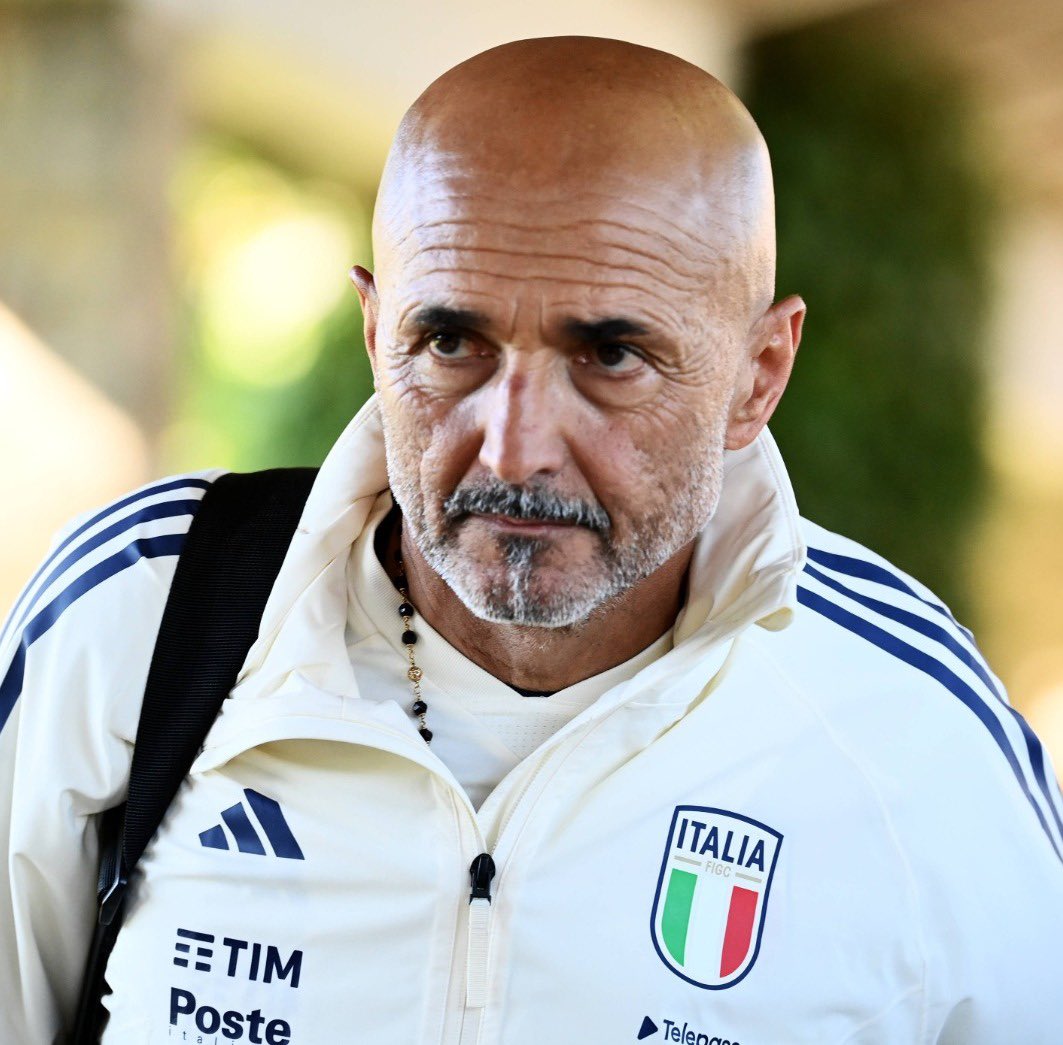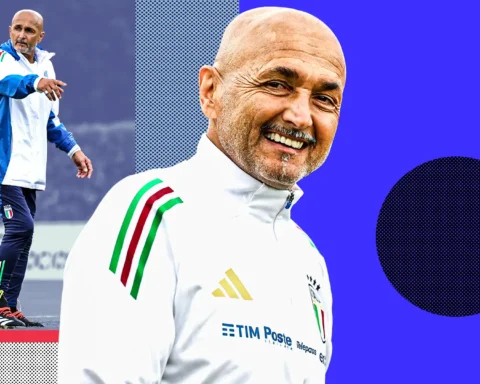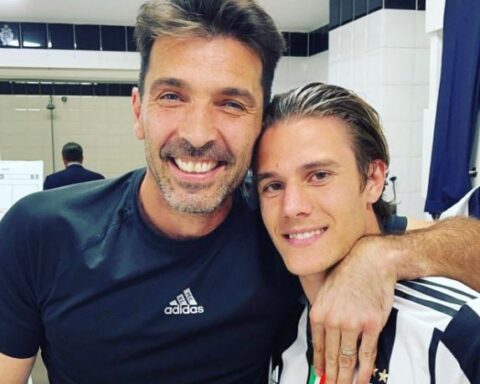Italian national team coach Luciano Spalletti spoke ahead of their match against Spain, saying he wants to dictate the pace and play of the game. The Azzurri play the second of their group stage matches against in Gelsenkirchen on Thursday, and speaking pre-match, Spalletti was tight-lipped about his possible starting XI:
Here are Spalletti’s statements from the pre-match press conference, starting with potential lineup hints: “This time, I’ll tell you tomorrow. I’m not revealing it the day before because I haven’t received any news about who’s playing for the others. It’s one of the most important matches of my career, it needs to be put at that level. Everyone has a story to tell, and this is one of those matches that can determine that story.”
On Italy’s penalty takers: “Scamacca, Retegui, Dimarco. Then I think Calafiori and Jorginho can take them too. If one or two are taken per game, you always need a backup in case the initial taker doesn’t feel up to it.”
On the possibility of changing the system and philosophy from the Albania opener: “Spain has become what it is because it has always played the same style of football, and it has become so recognized because it had the courage to maintain the same idea of football, the same demands, and the same availability from the players over time. We’re talking about international football, a confrontation with more defined football schools. To reach those levels, we must do what they have done, always proposing the same idea of football. Once we try to play football and manage to stay in their half. But the attempt to play the match is there. They have everything from an individual and team characteristics standpoint. Our reaction times will have to be higher, that’s the rhythm. With Croatia, they always attack in the same way, Croatia got into those pauses. We have to be good at maintaining the same level throughout. There’s a desire to confront one of the most important football schools. We must have no regrets; it will be more difficult, but we’ll go there well-dressed and ready to get dirty if needed.”
On the need for more assertiveness from some individuals: “We need to find balance not only tactically. You can’t sustain ten dribbling players; Yamal is better at that but has less availability when he has to track back. You have to be able to do both phases. We need to fix some things, but we’re on the right track because we’ve conceded too many counter-attacks, even including the qualifiers. Then, beyond the individual and individuality, there’s the team. If one player has an acceleration with a maximum of 34 and the others 29, they have inferior reaction times. If we’re good, we’ll think about what to do in one-on-one situations.”
On Spain’s qualities and the main dangers for Italy: “I like them a lot. They have an offensive style, a certain number of players who press high. So, as I said before, we’ll have to do a good job to find a free man as quickly as possible, otherwise we’ll be forced to make a long pass towards our attack line. There are many national teams that play offensive football, and Spain is one of them, but not the only one. The key that opens the door to the possibility of winning the match is the level we play at. Spain knows how to do important things, and sometimes we’ll have to suffer them, but the intentions must be the right ones. We respect Spain’s history and quality; it would be a mistake to think we’re stronger than we are, but we have the ability to play our game.”
Spalletti then tried to explain the differences between today’s Spain and the one from 15 years ago: “I think they’re similar. This team brings the ball forward a bit faster, they’re a bit more direct, but it depends on who plays as a striker. They have three strikers with different skills: Morata is the best at running behind, he’s not lazy, and in terms of meters covered and speed, his numbers are incredible. He brings the ball forward, then they have two wingers who like one-on-one situations, and one of the problems we’ll encounter is when we manage to play in their half for the preventive counter-attacks, they’re lethal in open spaces.”
On Italy’s approach: “Aggressive also means going to get them by pressing. The attempt must be made. We have to go strong, but it depends on the team distances. We want to press them tightly. In the shortest times, in close distances, there’s the difficulty of being cleaner. They never lose it unless you press them. The attempt is to press them and be better than them at playing the ball. Then there’s everything inside the match. We can’t just play on the counter, they have Rodri, and we have Jorginho in front of the defense. Rodri drops and becomes the fifth defender, he always does what the situation demands. Jorginho is not good at being the fifth defender. It takes structure, physique, he’s more of a quality player. We try to put together all this information and characteristics and qualities we have to produce a performance that resembles as much as possible what we want to do.”
Our coach then returned to the issue of concreteness, a problem that emerged in the narrow win over Albania: “We’ll still try to play our game. We have to be good at making these changes of pace to bring home that advantage we created with the start of the action. When we get in front of the goalkeeper, we’re already at checkers; we have to score, but first, we have to get there. The calmness of being able to score almost every time is difficult. Then we must also talk about courage, emotion, responsibility. We make a correct analysis and try to fix the simplicity of execution when we’re there. It’s a simple thing. It must be treated as such and not as complex, otherwise everything becomes difficult. When we find ourselves there, we must think that scoring is the simplest thing, otherwise we’ll load up the emotion that the guys have in playing this match.”
Spalletti’s final comment in the press conference again addressed the type of match Italy will try to play: “We’ll try to play the same game as against Albania. We want to measure ourselves against a strong team like Spain to see our level of football against one of the strongest teams out there. Now we’ll evaluate; even against strong teams in the qualifiers, we tried to play a proactive, possession-based style of football. I’m convinced that if we give them the ball, we’ll come out badly, so we’ll try to play our game and dictate the play. We’ll see if we’re able to do it against Spain too.”




